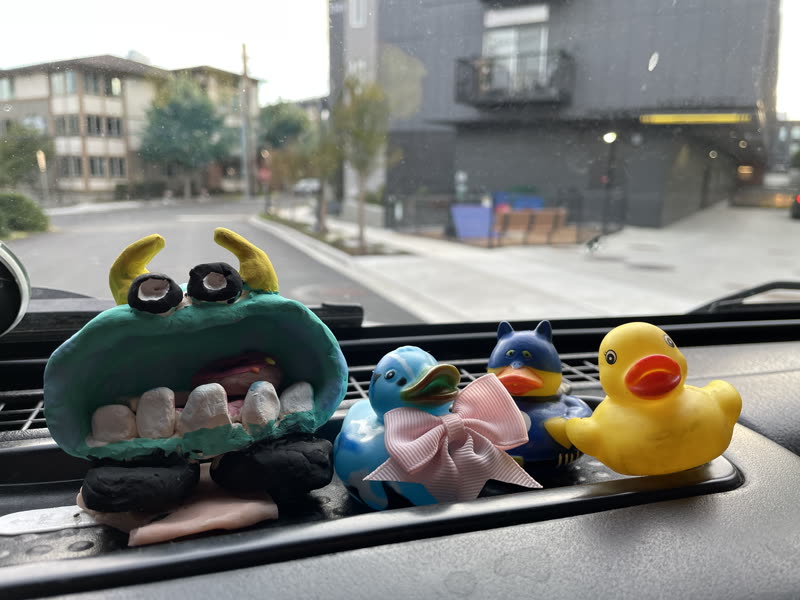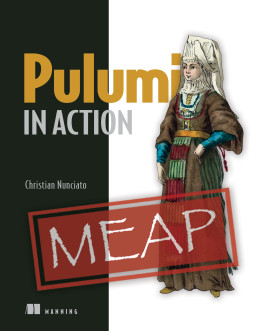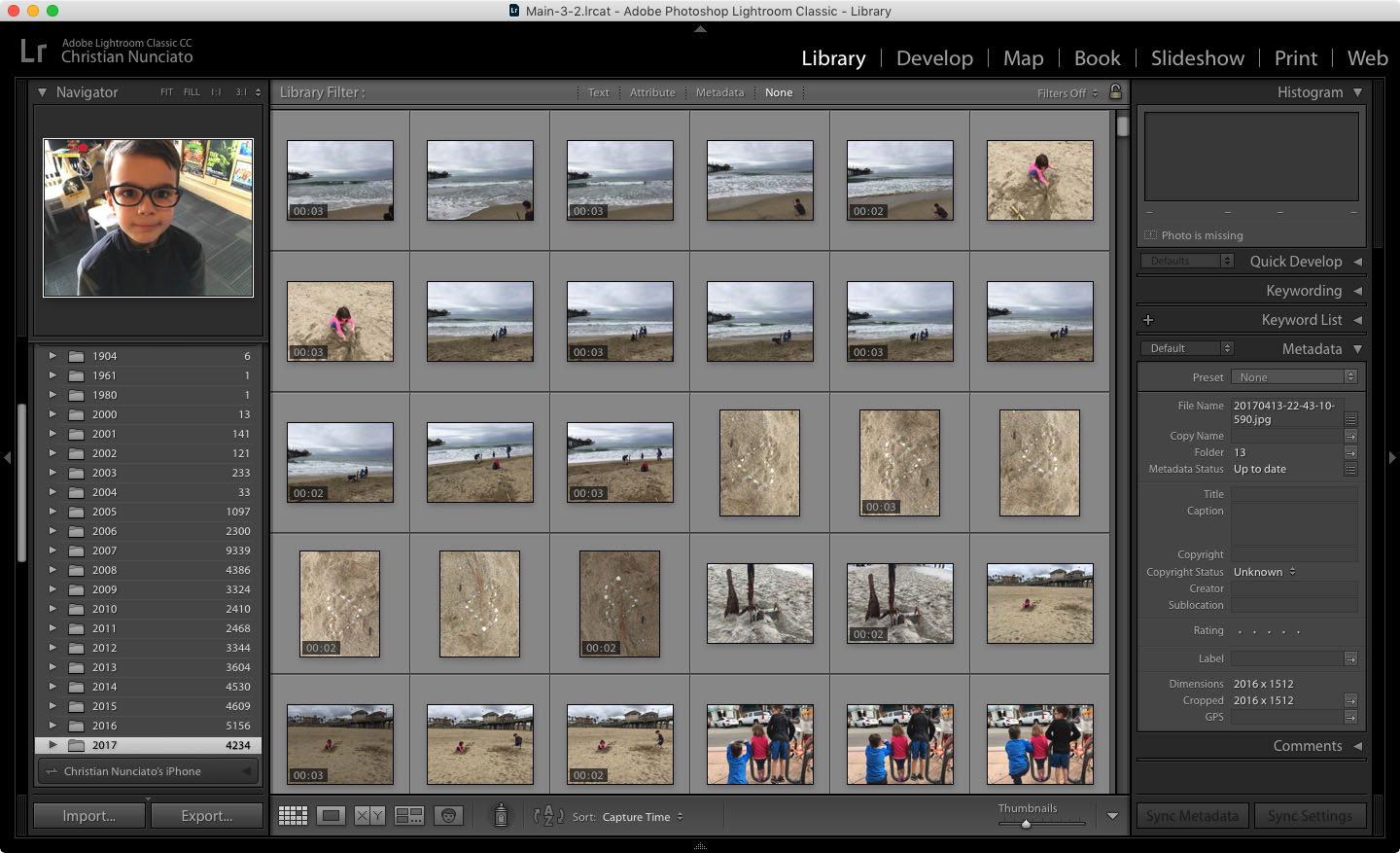
Please stop sharing AI-generated workslop
Be kind to your colleagues. Value their time. They have better things to do than sift through this stuff.

Be kind to your colleagues. Value their time. They have better things to do than sift through this stuff.

Time certainly flies, doesn't it.

Don't stress. It's easier than you think.

So long, Twitter! It was was fun while it lasted, kinda.

The obligatory post promising to write more posts.

Pulumi programs may be written in imperative languages, but they' aren't themselves imperative. Here's why.

Pulumi in Action is available now in early access.

How I fixed up thousands of records while migrating from Lightroom Classic to Lightroom CC.

A fresh start, a new website, and a promise to share more pictures, movies, and words.